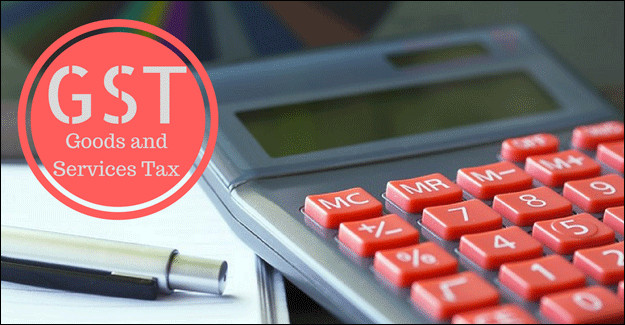
Textile Industry Indicates That It Wants Uniform GST Rate Across The Entire Value Chain
The textile industry seems to have arrived at a consensus for a uniform rate of goods and services tax (GST) across the entire value chain, even as the GST Council is all set to meet shortly to discuss the issue. Presently, there is no fibre neutrality in the textile sector, since cotton fibre has no excise and synthetic fibre has 12.5%, while fabric has nil. Branded garments have the option of a low rate if no input credit is claimed, while the average is five to eight per cent.
A 12% GST is advisable for the whole value chain according to Association of Synthetic Fibre Industry Director General S C Kapur. He said that cotton and manmade fibre need to be taxed at the same rate. The government has been talking of fibre neutrality since long and implementation of GST is the right time, he said.
He said that if the entire industry is taxed at the lowest GST rate of five per cent, then input credit can't be fully claimed. Garments, being value added items, are likely to be taxed at 12% to 18%, it has been reported. Around 80% of fabric is a blend of cotton and synthetic yarn and to ensure full compliance as well as avoid GST arbitrage, the rate of tax for both segments should be equal, he said.
However, the Clothing Manufacturers Association of India has proposed a five cent GST rate across the value chain claiming that this would increase compliance from all segments which are at present out of the tax net. There are also those who disagree and say that differential rates would allow scope for mis-declaration.
According to Synthetic and Rayon Textile Export Promotion Council Chairman Narain Agarwal, Bangladesh, Vietnam as well as China had implemented a 15% to 16% GST several years ago and they are growing much faster than Indian textile industry. Hence, a uniform 12% GST rate would not hinder growth, he said.
Textile Excellence
If you wish to Subscribe to Textile Excellence Print Edition, kindly fill in the below form and we shall get back to you with details.













